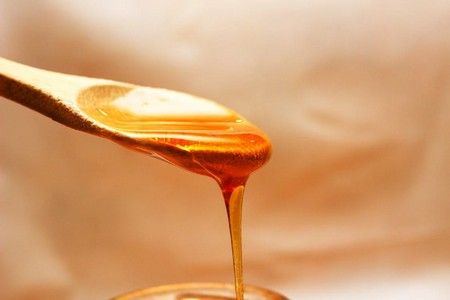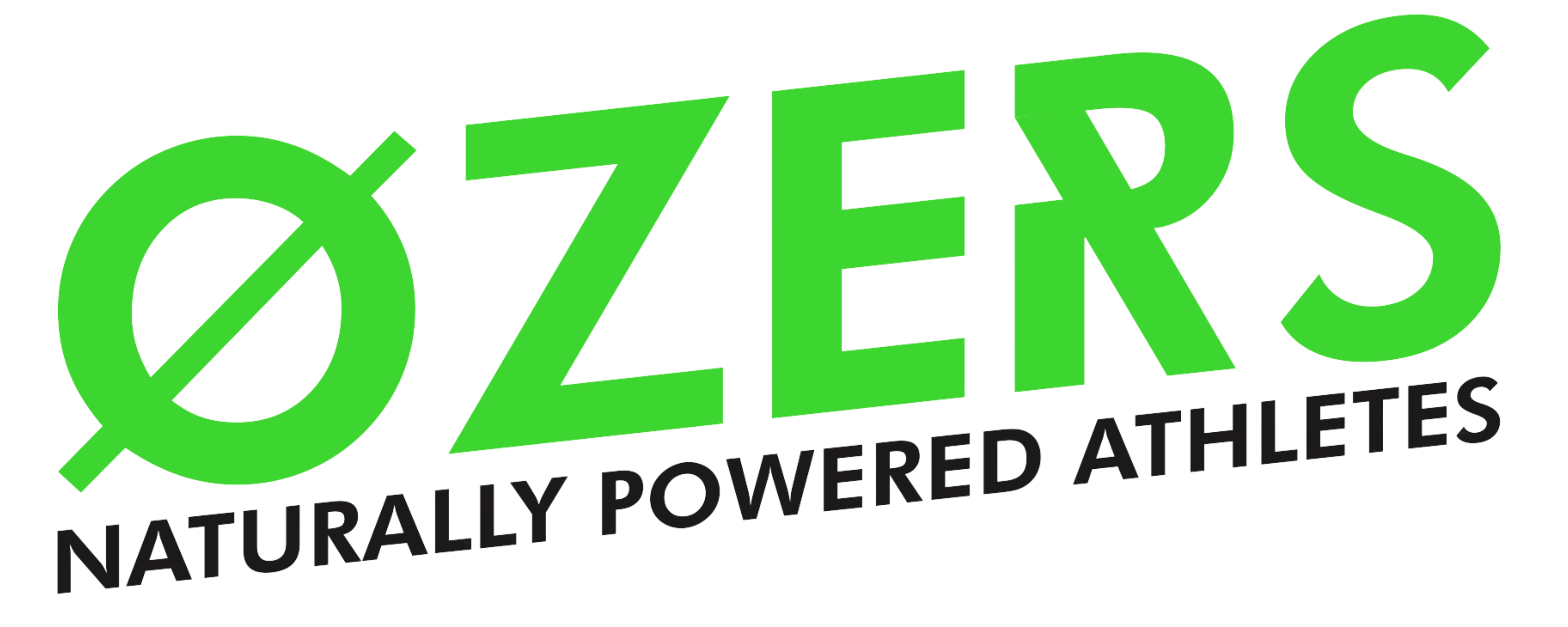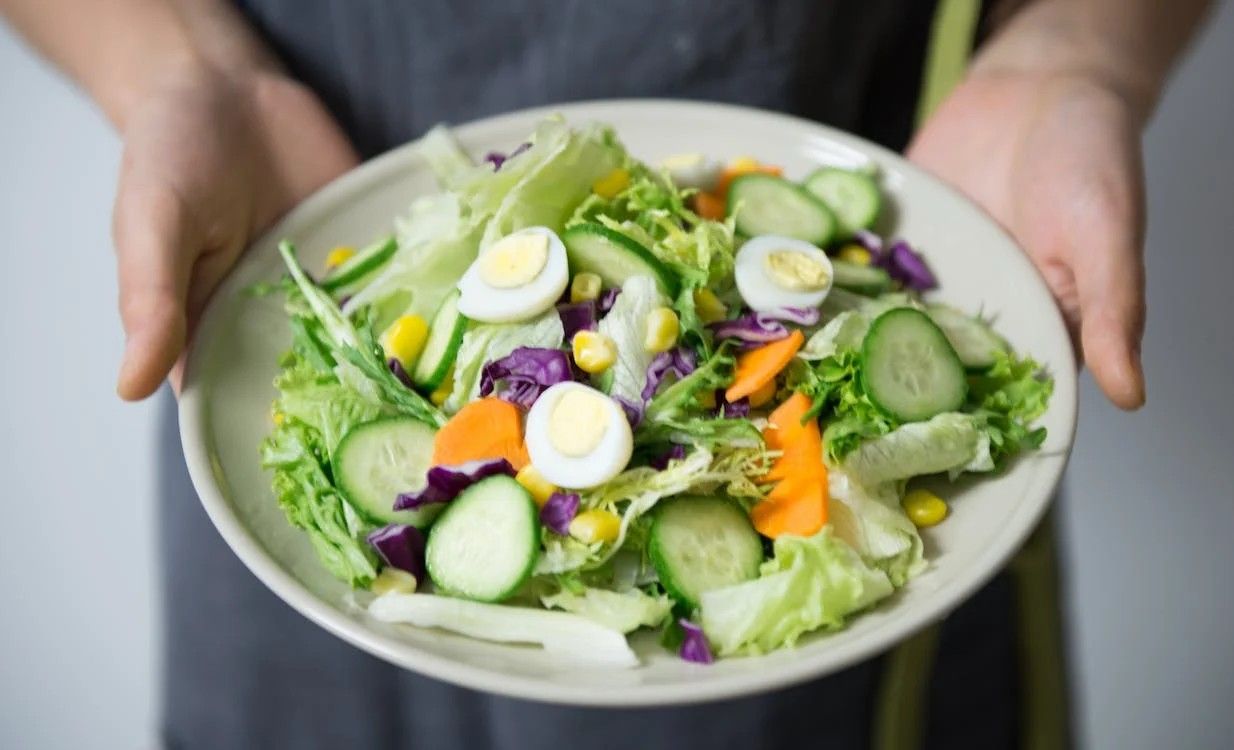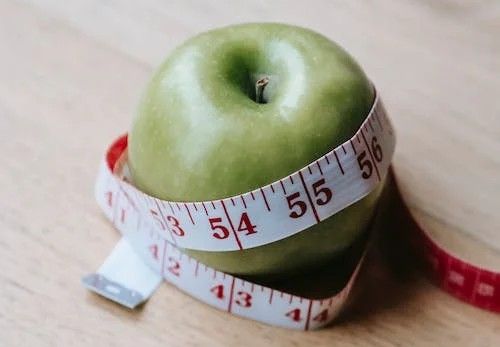CONTENTS
What is collagen?
The 4 types of collagen
What is the role of collagen in sports?
What are the natural sources of collagen?
1. Find collagen in foods rich in vitamin C
Spirulina, one of the best sources of collagen
3. Royal jelly stimulates collagen production
4. Eat fruit to boost collagen synthesis
5. Consume oilseeds to protect collagen fibers
6. A diet rich in sulfur to produce more collagen
Consume food supplements to regenerate your collagen synthesis
Supplementing with collagen after age 30
The benefits of collagen for athletes
What is collagen?
Collagen is a fibrous, structural protein found throughout the human body. You find it in skin, joints, cartilage, bones, tendons, ligaments, muscles and even in blood vessels, the digestive tract and teeth.
Known in the world of cosmetics, collagen is also essential in the sporting world . It promotes muscle building and connective tissue regeneration. Difficult to find in food, it is often absorbed in the form of a food supplement.
⇒ OZERS post-workout shakes contain calcium, vitamin C and glycine which boost collagen synthesis.
Collagen makes up about 30% of all proteins in the body . It plays a role in the structure and resistance of tissues and contributes to their elasticity and hydration.
The 4 types of collagen
There are different types of collagen, each with a specific molecular structure and function in the body.
- Type 1 collagen represents 90% of total collagen;
- type 2 collagen is used for cartilage tissue;
- type 3 collagen is present in the skin and blood vessels;
- type 4 collagen has a supporting role and makes up the basement membrane.
Collagen consists of three types of amino acids :
- glycine;
- proline;
- hydroxyproline.
What is the role of collagen in sports?
In athletes, collagen can prevent injuries . By strengthening connective tissues, muscles and tendons, you strengthen your body and improve recovery and healing. You can sustain intense effort for longer and improve your strength training.
A loss of collagen leads to stiffer tendons and ligaments, which can lead to pain and rapid injury. Promoting collagen regeneration helps the body function properly and could improve your sports performance.
Type 1 collagen is better for sports. Strengthening concentration helps prevent tendon and joint problems in athletes.

What are the natural sources of collagen?
Our body naturally produces collagen, but its concentration decreases with age. This explains why the body becomes more fragile and tired after a certain age. The drop in collagen is particularly visible on the skin with the appearance of wrinkles, skin sagging, etc.
To compensate for the lack of collagen , you can stimulate its production and increase your body's collagen synthesis .
Sources of collagen are mainly found in meat including beef, pork, chicken and lamb, eggs, fish like salmon, dairy products, etc. But what should you do when you want to adopt a vegetarian or vegan diet ? Is it possible to boost your collagen production without eating animal proteins?
YES. Natural sources of collagen are also found in certain fruits and vegetables. Here's where to find collagen naturally in your diet.
1. Find collagen in foods rich in vitamin C
Without good vitamin C intake, the body cannot form and store collagen. Vitamin C therefore helps to boost collagen synthesis . It also plays a crucial role in the synthesis of hyaluronic acid which can facilitate the production of this essential protein.
You will find foods rich in vitamin C in the plant-based diet, especially by consuming fruits and vegetables such as:
- citrus fruits (orange, grapefruit, clementine, lemon, etc.);
- red fruits (raspberry, cherries, strawberries, etc.);
- berries like acerola which is an excellent source of vitamin C;
- peppers (red, yellow, green);
- parsley;
- cabbage (cauliflower, red cabbage, etc.);
- watercress, spinach;
- …
To regenerate collagen synthesis, do not hesitate to increase your nutritional intake of vitamin C. You don't need to eat animal products: vitamin C is abundant in many plant-based products.
2. Spirulina, one of the best sources of collagen
Spirulina is an algae that has enormous benefits for athletes. Integrated into your sports nutrition program, it works miracles on your health, your muscle mass and your sports performance.
Ideal for vegetarians and vegans, but also for omnivores, spirulina is a source of plant protein and essential amino acids such as glycine (which makes up collagen).
Spirulina would therefore boost the production of collagen and strengthen the flexibility of tissues. Rich in antioxidants, it also promotes sports recovery after training and cell regeneration.
⇒ OZERS packs and shakers consist of spirulina and chlorella for an ideal protein intake!

3. Royal jelly stimulates collagen production
Royal jelly increases collagen production and promotes cell renewal.
It offers a complex and natural composition based on water, sugars, proteins, lipids, vitamins and mineral salts. It contains bioactive ingredients like fatty acids and phenols.
It is involved in the process of manufacturing collagen and hyaluronic acid, in particular through the presence of 10-hydroxy-2-decenoic acid.
4. Eat fruit to boost collagen synthesis
As we saw above, vitamin C stimulates the production of collagen. Consuming more fruit during your day promotes the production of this protein.
Red fruits contain natural antioxidants like lycopene which increase collagen production. Avocado is also a fruit that prevents collagen loss thanks to the vitamin E and essential fatty acids it contains.
You can favor ingredients composed of vitamin A (retinol and beta-carotene) which boost collagen regeneration.
5. Consume oilseeds to protect collagen fibers
More than oleaginous fruits, it is the essential fatty acids which protect the collagen fibers and limit their loss. You can therefore overuse almonds, walnuts, sesame, but also legumes such as beans, chickpeas, split peas and red and white beans.
Vegetable oils also consist of essential fatty acids. Use them for cooking your ingredients rather than butter. You will benefit from a natural source to strengthen your body's collagen production.
Sprouted seeds are also an excellent food for increasing the production of collagen fibers. Consume certain foods like sunflower seeds, pine nuts, peanuts, etc.
|
Good to know : Nuts are rich in antioxidants that fight free radicals. These are responsible for oxidative stress which can reduce your physical abilities, increase muscle fatigue and reduce your results. |
6. A diet rich in sulfur to produce more collagen
Foods rich in sulfur improve the production of natural collagen. Among the sulfur foods that you can add to your diet, you find:
- garlic;
- shallot;
- onion;
- the leek ;
- cruciferous vegetables (turnip, watercress, arugula, mustard, broccoli, radish, etc.);
- chives.
Sulfur is a chemical element known to participate in the production of collagen. It also protects tissues from premature aging. You can eat sulfur foods raw to preserve their nutritional qualities.
Consume food supplements to regenerate your collagen synthesis
Collagen supplementation is a solution to ensure good absorption of essential amino acids and nutrients to boost collagen production.
You can consume natural food supplements , rich in vitamins and minerals to improve your immune system, fill certain deficiencies and promote collagen synthesis.
OZERS supplements , composed of plant proteins, improve collagen regeneration. Thanks to its natural ingredients such as vitamin C and glycine, which is an amino acid that makes up collagen, you strengthen its synthesis in the body.
The advantage of OZERS vegan supplements is that you can use them in your sports drinks and in your dishes. They are easy to assimilate, facilitate digestion, and allow you to stock up on good nutrients as part of a healthy diet.
Supplementing with collagen after age 30
If you exercise regularly, collagen supplementation may become essential. Scientists estimate that after the age of 30 (approximately), the body produces less collagen. To ensure a good intake of this protein, you must therefore consume foods that promote its production.
If you have dietary habits that exclude the consumption of animal products, it would be interesting to turn to food supplements based on proteins of plant origin or a plant-based diet to better synthesize collagen naturally .
The benefits of collagen for athletes
A good amount of collagen strengthens muscle capacity, improves your performance during training as well as your post-training recovery.
But that's not all. Collagen also helps with weight loss . This protein burns fat from adipose tissue and increases the feeling of satiety. According to some scientific studies, collagen reduces fat accumulation.
Of course, collagen also helps with muscle repair . It reduces joint pain, strengthens bones and reduces the risk of osteoarthritis. It is an essential protein for people who do a lot of sport, whether to gain muscle mass or to promote weight loss.
Collagen repairs joint tissues and reduces the risk of injuries in athletes. Since tendons are largely made up of this protein, being in deficit increases the risk of tendinitis and inflammation.
Discover all OZERS products to improve your sports recovery and performance!




